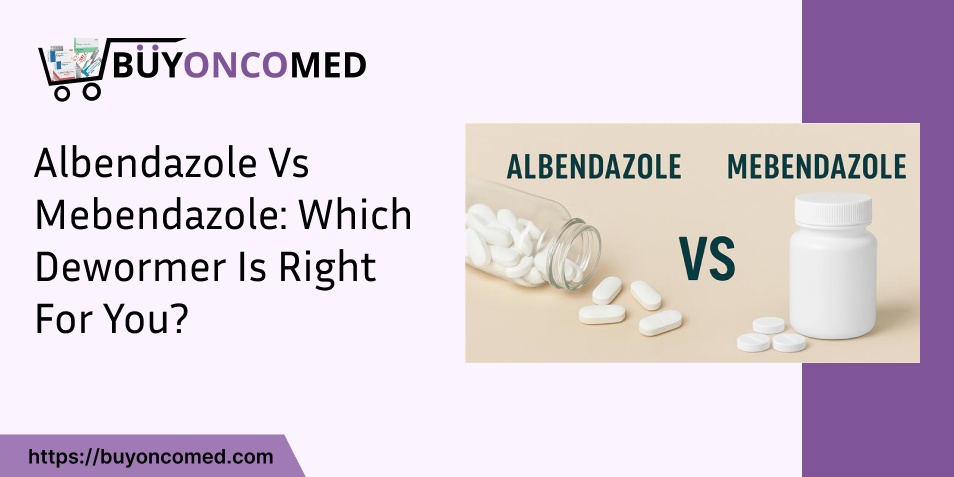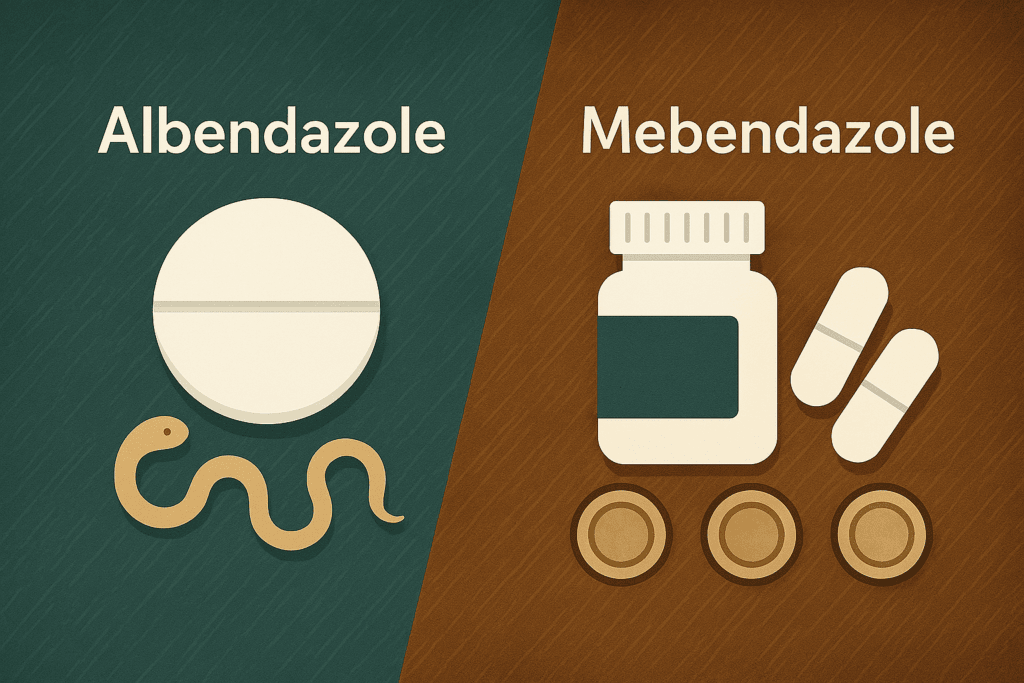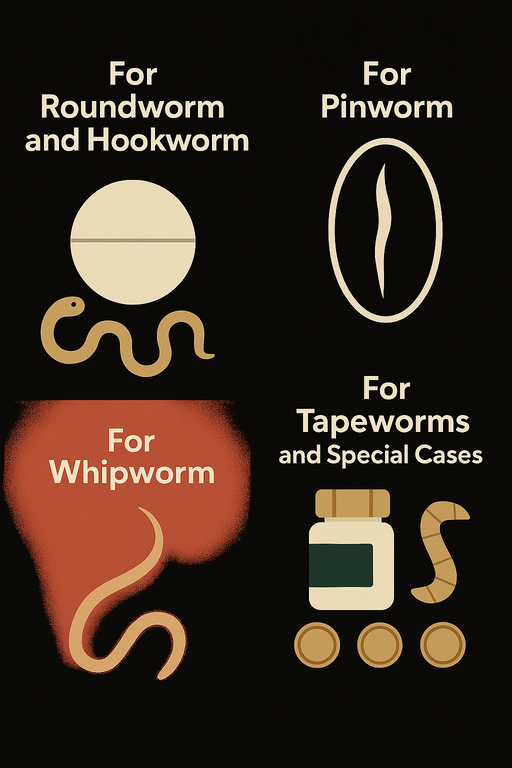
If you’ve ever worried about worms—yes, the kind that get into your stomach—you’re not alone. It happens more often than you might think, especially for kids and anyone who lives or travels where water and food can carry bugs. Two names pop up a lot: albendazole and mebendazole. But which one is right for you or your family? Let’s break it down.
Why Do People Need Dewormers Anyway?
Worms sound scary, but they’re pretty common. You can pick them up from dirty hands, soil, water, or even food that’s not cooked well. Kids are especially at risk, but grown-ups aren’t safe either. Worms can cause stomach aches, make you lose weight, and always leave you tired. Dewormers help clear these bugs out so you can feel good again.
What’s the Difference Between Albendazole And Mebendazole?
Both medicines do the same job: they kick out the worms from your body by making it impossible for the bugs to survive inside you. They stop the worms from getting energy, and the worms die off. Your body then gets rid of them naturally.

Albendazole – What Is It and When Is It Used?
Albendazole is like a one-stop solution for many worm problems. Doctors use it for roundworm, hookworm, pinworm, whipworm, and even trickier things like tapeworms and hydatid cysts. For regular worms, you usually take just one tablet. If you’ve got a tougher bug, you might need a few more days of medicine.
Mebendazole – What Does It Treat?
Mebendazole is another go-to for common worms. It works for roundworm, hookworm, pinworm, and whipworm, too. It’s great for pinworm, especially for kids, because it comes as chewable tablets and syrup. Most times, you take it for three days, but for pinworm, a single dose might do the trick.
Which One Works Better—Albendazole or Mebendazole?
For Roundworm And Hookworm
Both medicines are super effective here. Albendazole clears out about 95% of these worms in just one dose. Mebendazole is almost as good. You’ll feel better quickly with either.
For Pinworm
Pinworm is the one that causes an itchy bottom, especially in kids. Both medicines work well, but parents often pick mebendazole because it’s gentle and easy for little ones to take.

For Whipworm
Whipworms can be stubborn. Neither medicine clears out all cases in one go, but both are worth trying. Sometimes, a second round is needed.
For Tapeworms And Special Cases
If you’ve got a tapeworm or a rare kind of tissue worm, albendazole 400 is the first choice. It works better for these hard-to-treat bugs.
How Do You Take Albendazole Or Mebendazole?
For most people, albendazole is a single tablet. For tapeworm or special cases, your doctor may give you a longer course.
Mebendazole is usually taken for three days, but for pinworm, sometimes only one dose is needed. The syrup or chewable is handy for children who can’t swallow pills.
Whatever you do, always use the amount your doctor or pharmacist says. Don’t double up if you forget—just check with your healthcare provider.
Are There Any Side Effects?
Albendazole Side Effects
Most folks feel just fine after taking albendazole. A few might get a mild headache, belly pain, or feel a little sick. It’s rare, but if you use it for a long time, it could bother your liver.
Mebendazole Side Effects
Mebendazole is usually gentle. Some people get a mild tummy ache or diarrhea. It’s rare to have anything more serious.
Can Kids And Pregnant Women Use These?
Kids over age two can use these medicines safely if you follow the instructions. If you’re pregnant, talk to a doctor first. Albendazole isn’t used in the first three months. Mebendazole might be safer after the first trimester, but always check.
Do These Medicines Mix Well with Others?
Some other medicines might make albendazole or mebendazole work less well, like certain epilepsy drugs. Albendazole can also interact with medicines for the stomach or steroids. Always tell your doctor or pharmacist what else you’re taking.
So, Which Dewormer Should You Choose?
- For regular worms, both work.
- For pinworms, mebendazole is often prescribed for kids.
- For tapeworms or special bugs, albendazole is better.
- If you’re pregnant, breastfeeding, or have liver problems, talk to your doctor.
Local advice is important. Some places have worms that are hard to treat, so your doctor may know what’s working best in your area.
Frequently Asked Questions
1. Can I Take Both At The Same Time?
Not unless a doctor says so. One is enough for most cases.
2. Do I Need A Prescription?
In some places, you can buy mebendazole easily. Albendazole usually needs a prescription. Ask your pharmacy.
3. Which Is Safer For Children?
Both are safe for kids over age two if you use the right dose.
4. Is It Okay To Deworm While Pregnant Or Breastfeeding?
Talk to your doctor first. Sometimes it’s better to wait, especially in the first few months of pregnancy.
5. What If I Forget A Dose?
Don’t panic. Take it when you remember, but don’t double up. If you miss too many, ask your doctor what to do next.
Ask Your Doctor For Advice
Worms can be a pain, but the right treatment makes life easier. Both albendazole and mebendazole are safe and work well for most people. If you’re not sure, ask your doctor or pharmacist. They can help you pick the best medicine for your situation.

